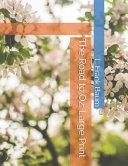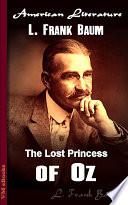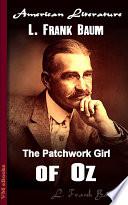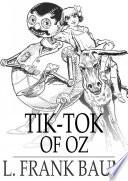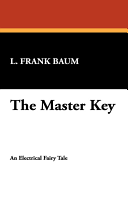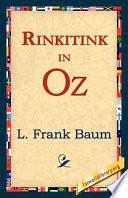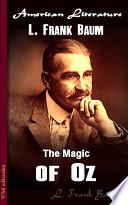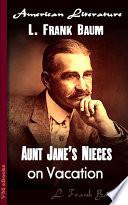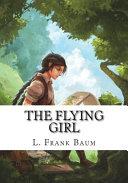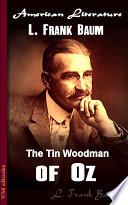"The Witchcraft of Mary-Marie", in Baum's American Fairy Tales (1908)
Short stories
Context: "But what can I do?" cried she, spreading out her arms helplessly. "I can not hew down trees, as my father used; and in all this end of the king's domain there is nothing else to be done. For there are so many shepherds that no more are needed, and so many tillers of the soil that no more can find employment. Ah, I have tried; hut no one wants a weak girl like me."
"Why don't you become a witch?" asked the man.
"Me!" gasped Mary-Marie, amazed. "A witch!"
"Why not?” he inquired, as if surprised.
"Well," said the girl, laughing. "I'm not old enough. Witches, you know, are withered dried-up old hags."
"Oh, not at all!" returned the stranger.
"And they sell their souls to Satan, in return for a knowledge of witchcraft," continued Mary-Marie more seriously.
"Stuff and nonsense!" cried the stranger angrily.
“And all the enjoyment they get in life is riding broomsticks through the air on dark nights," declared the girl.
"Well, well, well!" said the old man in an astonished tone. "One might think you knew all about witches, to hear you chatter. But your words prove you to be very ignorant of the subject. You may find good people and bad people in the world; and so, I suppose, you may find good witches and bad witches. But I must confess most of the witches I have known were very respectable, indeed, and famous for their kind actions."
"Oh. I'd like to be that kind of witch!" said Mary-Marie, clasping her hands earnestly.


